
FDA-authorized AI tools have the potential to help patients with prostate cancer get clearer answers instead of waiting weeks for genomic test results.

FDA-authorized AI tools have the potential to help patients with prostate cancer get clearer answers instead of waiting weeks for genomic test results.

Dr. William Audeh explains how treatment decisions for breast cancer can be informed by a patient’s ultra-low, low or high genomic risk status.

Kristen Dahlgren of the Cancer Vaccine Coalition spoke with CURE about patients’ need to find reliable sources of information.
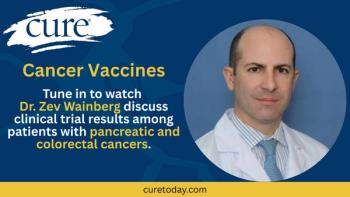
An off-the-shelf cancer vaccine is associated with durable responses and a reduced risk of relapse and death among patients with pancreatic or colorectal cancers.
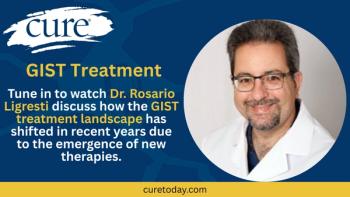
The GIST treatment landscape has shifted in recent years due to the emergence of new therapies, many of which patients should be aware of.
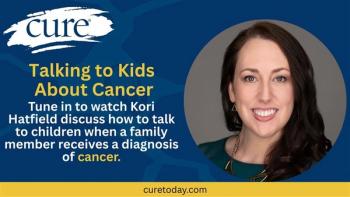
When a family member receives a diagnosis, it can present emotional challenges for children.

CAR-T cell therapies are now being explored for the treatment of solid tumors like gliomas, Dr. Tanja A. Gruber explained in an interview with CURE.

Personalized vaccines are currently being investigated for the treatment of patients with kidney cancer; however, the investigation is still in early stages.
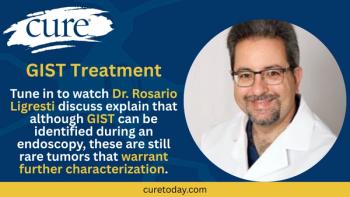
Although GIST can be identified during an endoscopy, according to Dr. Rosario Ligresti, these are still rare tumors that warrant further characterization.
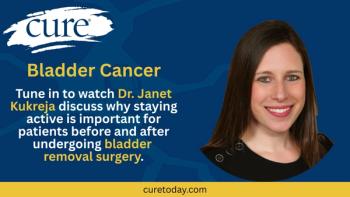
For patients undergoing a radical cystectomy, staying active before and after surgery is key, Dr. Janet Kukreja explained.

Natural killer cells, also referred to as NK cells, play several major roles in the body's defense against cancers like renal cell carcinoma.
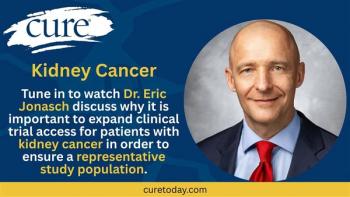
It is important to expand clinical trial access for patients with kidney cancer in order to ensure a representative study population.

The accelerated approval of Modeyso for diffuse midline glioma with an H3 K27M mutation, is a step in the right direction but more work remains.
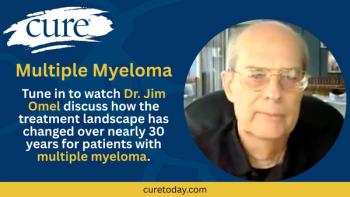
Dr. Jim Omel, who was diagnosed with multiple myeloma in 1997, explained how the treatment landscape has changed over nearly 30 years.
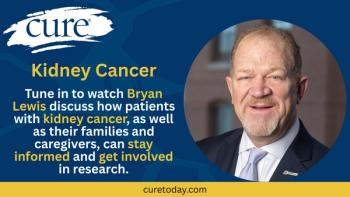
There are many reliable resources available to patients with kidney cancer, as well as their families and caregivers.
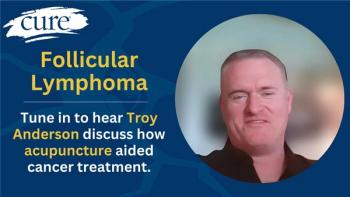
Follicular lymphoma survivor Troy Anderson credited acupuncture and nutrition guidance with easing treatment side effects and aided in remission.

Dr. Aaron Gerds explained when treatment with rusfertide will become accessible for patients with a myeloproliferative neoplasm like polycythemia vera.
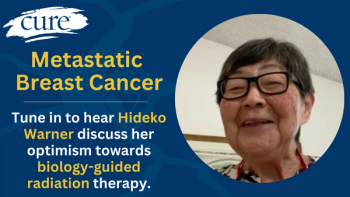
A nurse with metastatic breast cancer praised biology-guided radiation for her slow-growing squamous cell cancer and the team's thoughtful care.
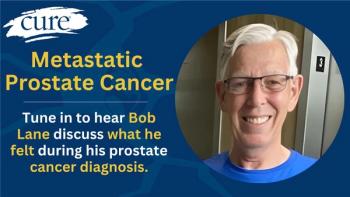
A diverticulitis concern led to a prostate cancer diagnosis that shifted a patient's mindset and highlighted the importance of hisloved ones.

Panelists emphasize the importance of multidisciplinary collaboration, patient education, and advocacy in managing multiple myeloma, while expressing optimism about emerging therapies like CAR T cells that offer deeper remissions and improved quality of life.

Panelists highlight advances in myeloma treatment, focusing on innovative T cell therapies like CAR T and T cell engagers, along with potent new CELMoD drugs, all offering more targeted and effective options for patients.

Panelists discuss City of Hope’s collaborative partnership with community physicians, emphasizing expert evaluation at specialized centers while enabling ongoing treatment closer to home for convenience, coordinating common therapies like Daratumumab locally, reserving complex procedures such as stem cell transplants and clinical trials for specialized centers, and aiming to balance high-quality care with patient accessibility through integrated, personalized, and coordinated management across care settings.

In an interview with CURE, medical oncologist Dr. Ioana Bonta explains why lung cancer is not just a ‘smoker’s disease.’
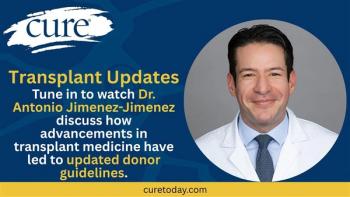
Advancements in transplant medicine for blood cancers have prompted updates in how doctors choose donors for allogeneic hematopoietic cell transplants.
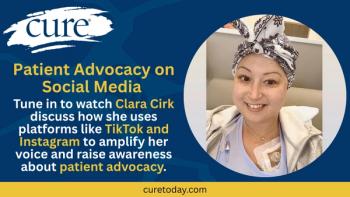
Clara Cirks is a stage 4 lung cancer patient who uses platforms like TikTok and Instagram to amplify her voice and raise awareness about patient advocacy

Dr. Wenxin (Vincent) Xu discussed the benefit of using biomarkers to more precisely guide treatment for patients with renal cell carcinoma.
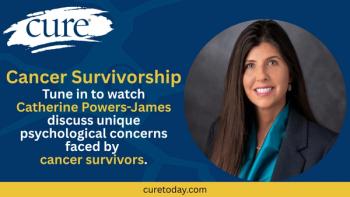
CURE spoke with an expert about specific psychological concerns faced by cancer survivors.

Getting an expert opinion is essential after a rare cancer diagnosis like GIST, as each patient’s situation is unique, according to Dr. Weijing Sun.
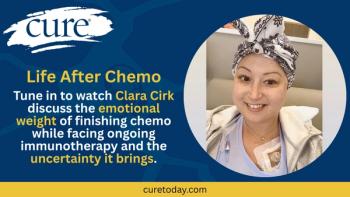
In an interview with CURE, Clara Cirks shares the emotional weight of finishing chemo while facing ongoing immunotherapy and the uncertainty it brings.
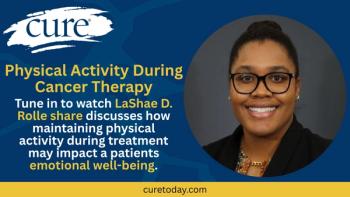
LaShae D. Rolle discusses how maintaining physical activity during active breast cancer treatment may impact a patients mental and emotional well-being.